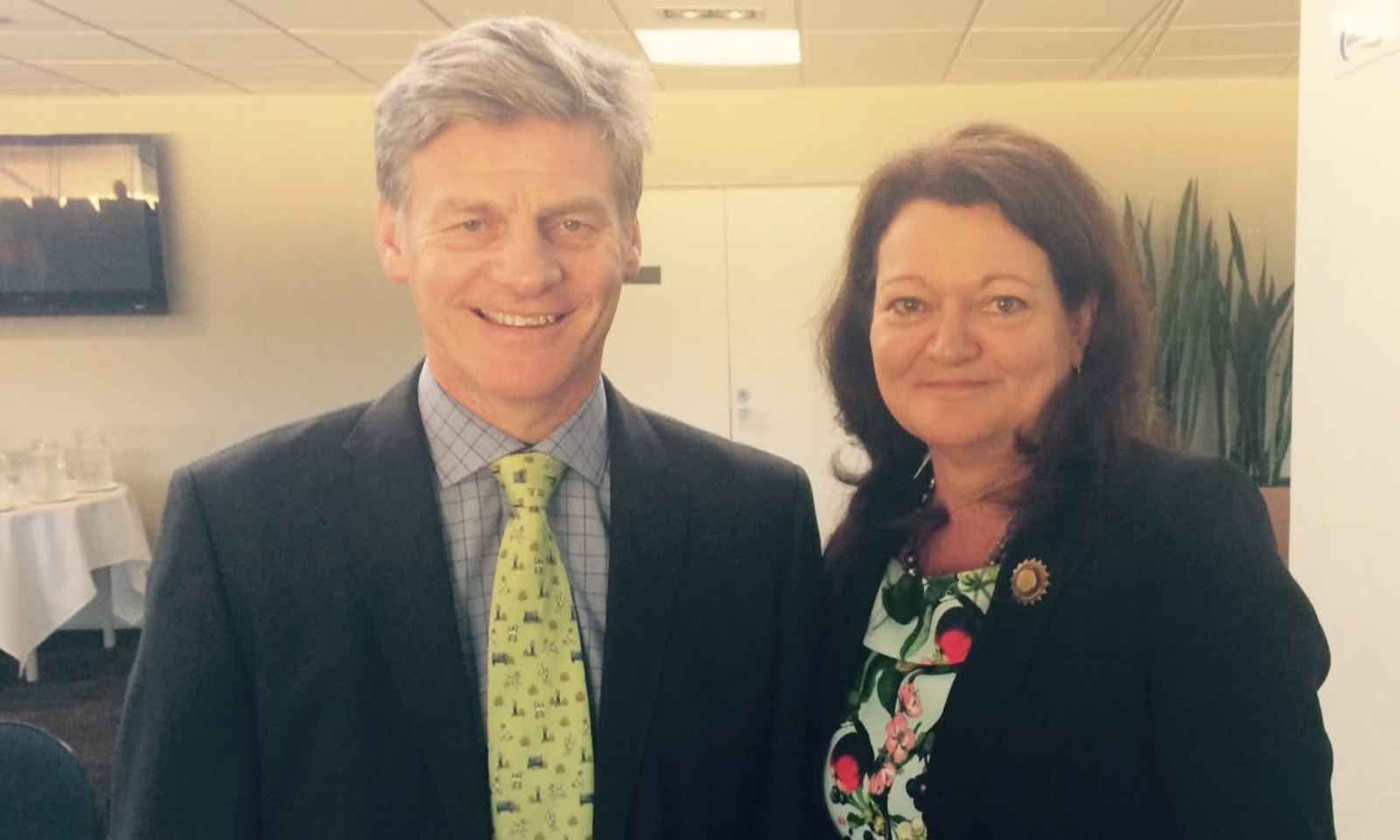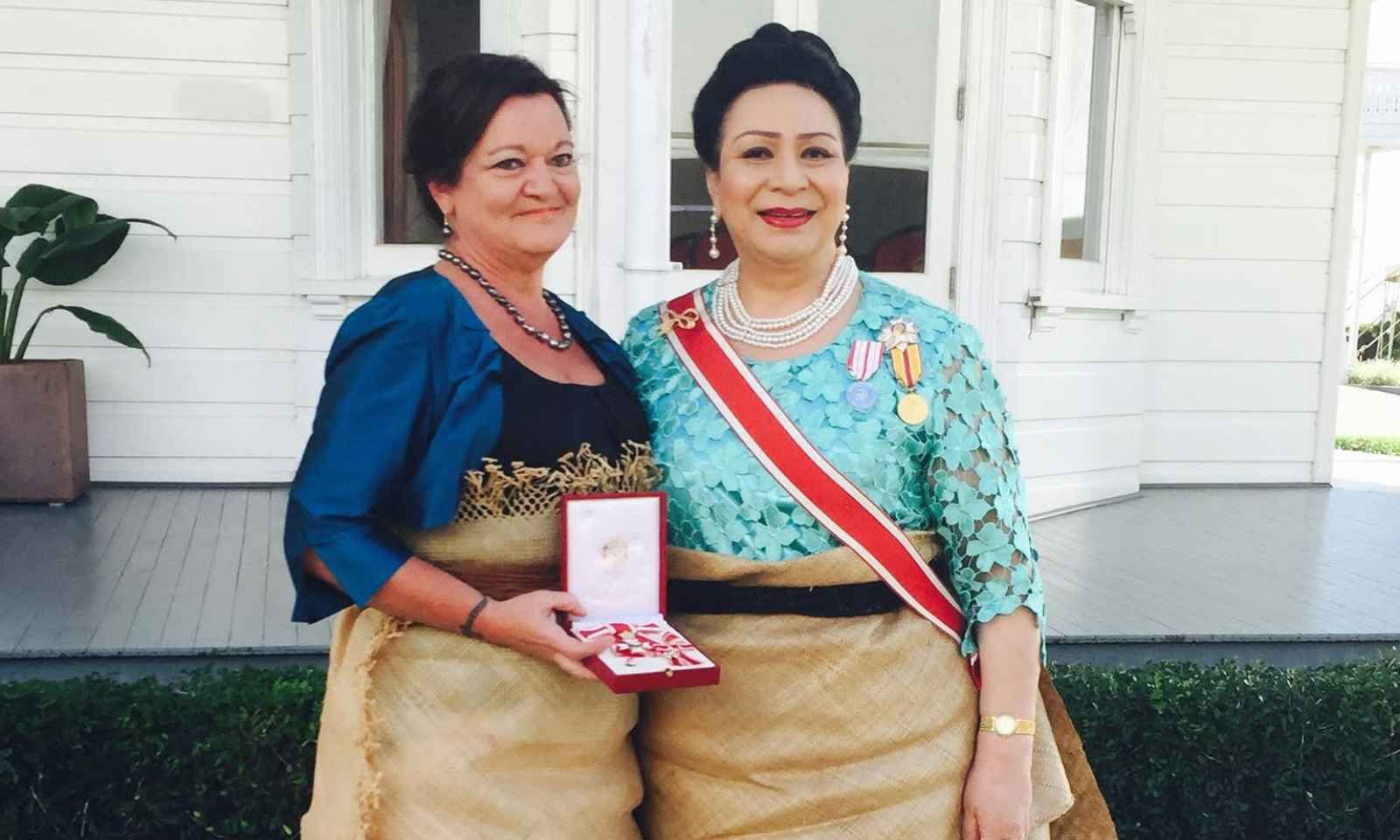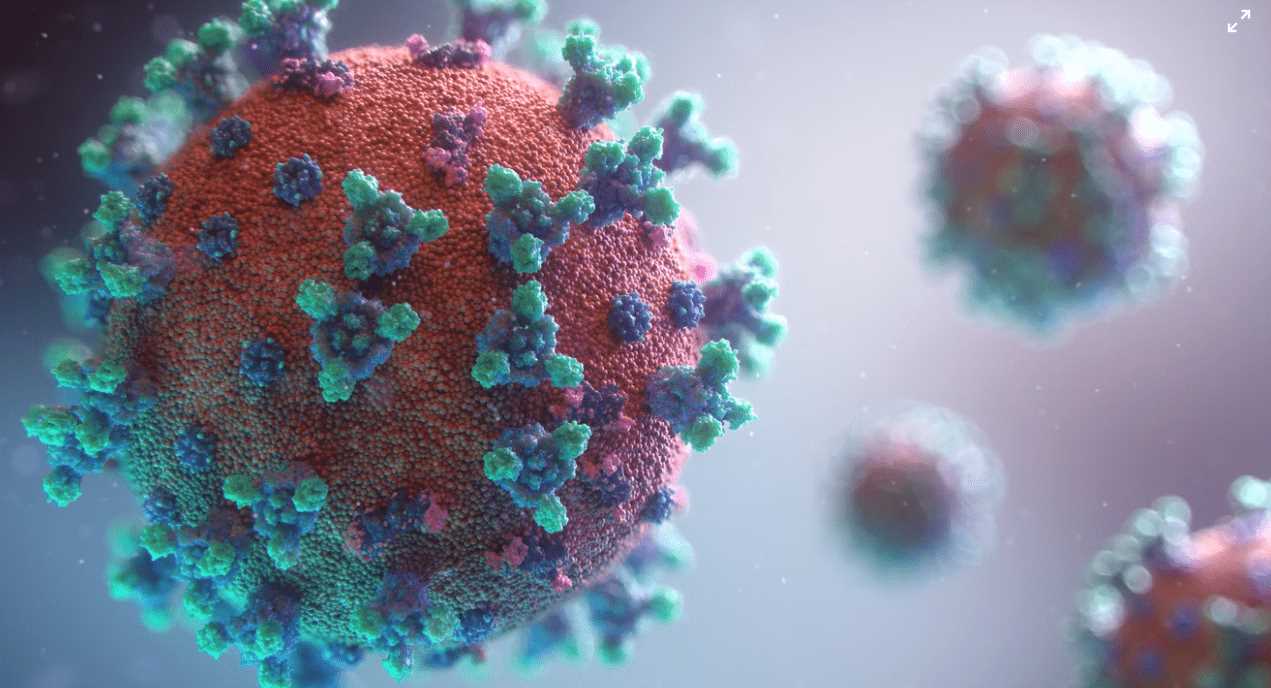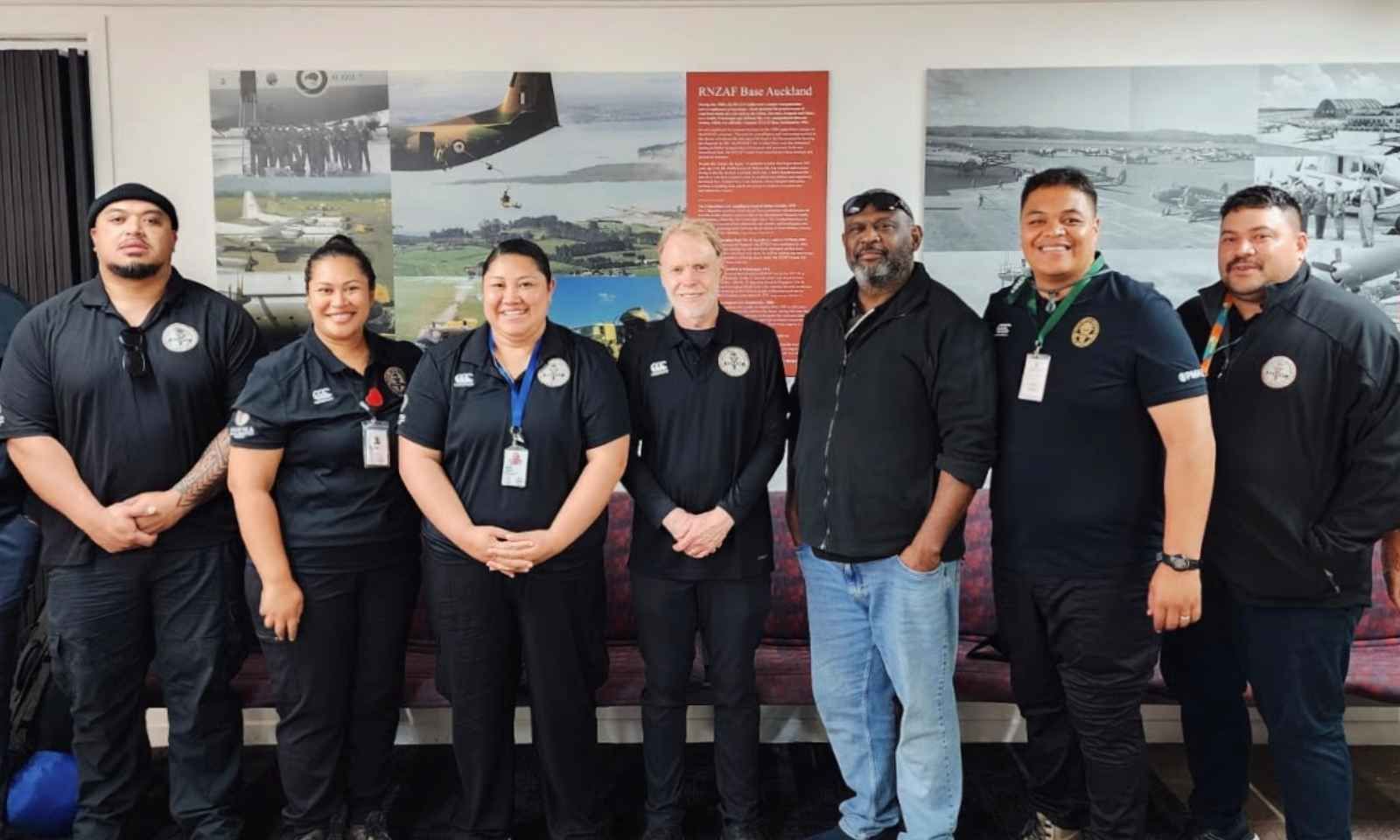

Health doyenne Debbie Sorensen
Photo/PMA
From a coin toss to King’s Honour: Health doyenne Debbie Sorensen’s journey
Debbie Sorensen has spent decades reshaping Pacific health and empowering communities across the region, from leading humanitarian missions to culturally responsive healthcare.




Heading off on a roadie? Here’s how to keep your car and whānau safe




Heading off on a roadie? Here’s how to keep your car and whānau safe
When Debbie Sorensen learned she had been named an Officer of the New Zealand Order of Merit in the King’s New Year’s Honours, her reaction was one of deep humility.
“To get an honour is a really big thing,” she said.
“Lots of people in New Zealand contribute to work in the country and the region and internationally and do amazing things.
"To be included on a list like that is pretty amazing.”
As a psychiatric nurse turned CEO of the Pasifika Medical Association (PMA), Sorensen has spent decades in the field of Pacific Health.
This is not Sorensen's first award. In 2015, she was invested as a Commander of the Royal Crown of Tonga for her work in the health sector.
Rooted in service and resilience
Sorensen’s early influences were her grandmother, a village midwife, and her father, a lifelong volunteer in New Zealand rugby league, but Sorensen’s entry into health care was by chance.
After returning from overseas, she took a position in psychiatric nursing because she needed a job.
“It taught me acceptance, it taught me not to judge people, and to really understand the circumstances that get people to places in their lives.”

Former Deputy Prime Minister and Minister for Health, Sir Bill English and Debbie Sorensen. Photo/Debbie Sorensen Facebook
A pivotal moment in her career came when she joined the Ministry of Health as Chief Advisor for Pacific Health, advising the then Minister for Health, Sir Bill English.
Her appointment was decided by a coin toss, which she lost to Niuean doctor Sir Collin Tukuitonga.
“I think Pacific women, we underrate ourselves about all the things that we do and the way that we hold our families together and contribute to them,” she said.
“And it was a pretty lonely kind of start. Institutional racism was alive and well and pretty rugged. People didn't make much of a secret of it.
“And when I first went to Wellington to the Ministry [for Health], I would cry every day in my office. And then it was every second day and then it was once a week.
“And when I stopped crying, I decided I'd probably done all the work I needed to do.”

Sorensen with the Princess of Tonga, Pilolevu Tuita. Photo/Debbie Sorensen Facebook
Building a legacy through PMA
Since becoming CEO of PMA in 2008, Sorensen has overseen its transformation into the largest Pacific NGO in the region.
What began as a small collective of Pacific doctors seeking a safe space has grown into an organisation with 280 staff, a $60 million annual turnover, and operations in seven Pacific nations.
Under her leadership, PMA has led critical initiatives, from mobilising $12 million in Covid-19 relief funds overnight to deploying humanitarian teams during natural disasters.
One story that stands out to Sorensen is that of a homeless young mother of twins who was discharged from the hospital to her car.
PMA’s helped ensure she and her babies were housed and cared for.
“In those times, it doesn’t matter if it’s nine o’clock at night. If you need to go, then you go.”

PMA has led critical initiatives, from mobilising $12 million in Covid-19 relief funds overnight to deploying humanitarian teams during natural disasters. Photo/supplied
Overcoming barriers and advocating for change
Sorensen’s career has not been without its challenges.
As a Pacific woman in governance, she has often been the “first” in her roles and has faced resistance to change.
“To get people to change, you have to make them uncomfortable,” she said.
She recalled the difficulty of advocating for Pacific-led health services in systems resistant to reform.
A personal battle with cancer
In 2021, Sorensen was diagnosed with both breast and thyroid cancer.
The experience reshaped her outlook on life and work.
“It really made me see clearly about the things that were important and let the little things go.
“And now I get up and go to work every day because I feel impatient.
“I'm acutely aware, and I have no idea how much time I have left. I don't know what God has planned but what I do know is that every minute needs to count.”
Looking ahead to 2025
The coming year promises to be a demanding one for Sorensen.
Already, the organisation has responded to the 7.3 magnitude earthquake that struck Port Vila, Vanuatu, in December.

Few members of the PACMAT crew deployed to Vanuatu. Photo/PMA
The Pasifika Medical Association Medical Assistance Team (PACMAT) was deployed at the formal request of the Vanuatu government to provide mental health and psychosocial support to affected communities.
The team departed for Vanuatu two days after Christmas.
As Sorensen looks to the challenges of 2025, she is also focused on nurturing the next generation of leaders within PMA.
“Our job is to make that transition as easy and as simple as we can and to give these young people the opportunity now to practice their craft before we leave and do other things.”
Sorensen’s advice to Pacific youth is simple.
“Be the very best at your job. Once you’re the best, look for opportunities to serve your communities. Bring your total self to your work and be proud of who you are.”
As she reflects on her career, one word captures her journey: mafanā, a Tongan term meaning warmth, love and passion.
“I feel incredibly grateful,” she said. “I have been lucky enough to serve my country and my community, and for the kindness that people have shown me on that journey.”
What is the New Zealand Order of Merit?
The New Zealand Order of Merit is one of the highest civilian honours.
It was established in 1996 to celebrate people who have made exceptional contributions to New Zealand.
The awards are announced twice a year on New Year’s Day and the King’s (or Queen’s) Birthday.
Recipients are chosen based on nominations made by the public, which are rigorously reviewed by a committee.